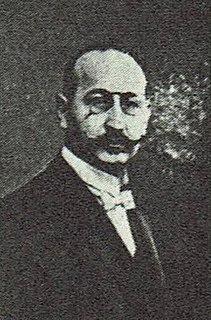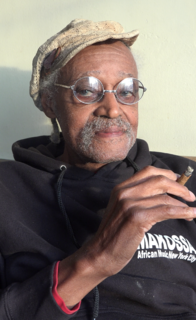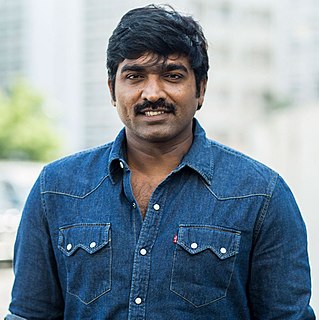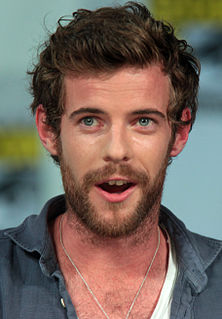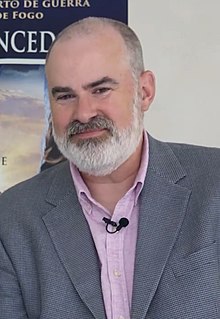A Quote by Karthik Subbaraj
After doing two feature films, I got an idea for a thriller film and felt this could be made without any dialogues.
Related Quotes
No film is made without the people behind the lens. Of course, most people, even I, tend to look at films in the most simplistic way, and say, "Wow, so-and-so is in this film." We talk about who's in it, as opposed to who got it made. But there are financial and technical aspects which go along with it, that should be addressed and acknowledged, including those minorities who are doing excellent work as well.
As soon as I finished film school I was thinking about, how do I get to feature films? It took about eight years, and I'm still working. Feature films was not the end goal. Feature films was one of the stages. Getting to the point of the Coen brothers or Tarantino, where you're writing your own material and have the budget to do it properly, that's the end goal, and I'm close to that.
I would have turned any offer down, if it had turned into a thriller. I would have seen no point in a thriller here. I don't need to entertain people, on top of what we were doing. It's not a question of whether he did it or not. I would have thought that was banal and uninteresting, and I wouldn't care. And it could have also turned into a shoot-out because there were a lot of guns in the film.
I hope I'm always lucky enough to be able to work in theater, TV, and big films and small films. I think there's advantages and disadvantages to all of them. The fact that this was a small film without much money and without much time made it rich in energy and momentum and drive when we were actually making it 'cause that's all you've got. You've just got the story and the people.
We made four feature films with Sherwood Baptist. The wonderful thing was the church (members) volunteered. It was an awesome atmosphere of attitudes. The hard part was (that) all four of the first feature films we made take place in modern-day Albany, Georgia. We know that not all of our films going to be (set in) modern-day Albany, Georgia.



